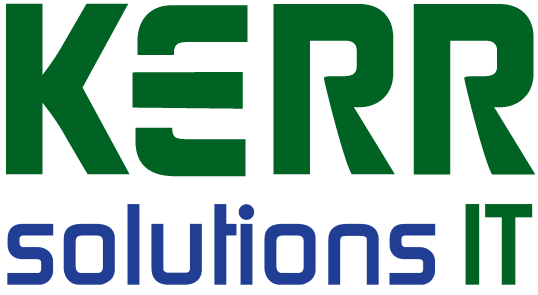SSD will Speed Up Computer
From our article last week today we are looking at solid state drives (SSD’s) and their use in computers both new and existing. For many years the IT industry has relied on mechanical rotating metallic disks to store our data and software. This has been in the form of hard disk drives (HDD’s) and like everything else in IT they have evolved tremendously in both capacity and speed.
Typical modern HDD’s range in size from 500GB of capacity in a standard laptop to 1000GB (1TB) of capacity in a good desktop PC. It is easy (at the point of sale) to order a desktop PC with a 2TB drive for as little as $45 more than a 1TB and drives as large as 6TB are available if you need to store heaps of photos, movies, music or other data. HDD’s don’t need any source of power when they are switched off to keep their data intact and waiting for the next time we turn the PC on.
During the last decade we have also seen the evolution of USB memory sticks from expensive devices that held 1GB to 2GB of data to the latest versions that easily hold 128GB and more. Now days for as little as $10 you can purchase a 16GB USB stick which is the same capacity as a $700 hard drive from 1999!

USB memory sticks store data or software on electronic memory chips that once again can keep our information intact when not in use without any source of power. These are not to be confused with internal computer memory (RAM) which are short term high speed storage chips used in every PC that do not keep any information intact when the PC is turned off.
It is the high volume of manufacture of USB memory sticks and the improvements in chip manufacturing technologies that has brought about the latest trends of using a heap of memory chips to replace the traditional mechanical HDD’s in many modern PC’s. This new form of hard disk drive has been labelled SSD or solid state drive.
A SSD today can be made to have the same shape and physical size and perform the same functions as the traditional HDD however they can also have many advantages. Because they have no moving mechanical parts SSD’s are more robust and reliable. They are also up to 10 times quicker at reading and storing data. This increase in speed drastically reduces start up times and results in a PC that is much quicker and snappier to use.
On the downside is the fact that GB for GB, SSD’s are still dearer than HDD’s (sorry this is starting to look like a teenagers text message). If you need lots of storage capacity in a PC then traditional mechanical HDD’s are still your only option – however this will surely change over the next few years as SSD’s become increasingly popular.
SSD’s were mostly sold in the 120GB size for PC’s however you should really only consider 240GB or larger sizes to be effective in modern PC’s. Many new tablets still come with SSD’s that are only 60GB in size however these fill up very quickly with just the essential software that is needed today. My suggestion is that tablets should also have at least a 120GB SSD, laptops a 240GB and a powerful desktop is served best by a 500GB or 1TB SSD.
You can also consider the purchase of an SSD if you currently have a laptop or desktop that has a failed HDD and it is still less than 3 years old. Putting an SSD into one of these PC’s will show dramatic increases in speed and performance.
Future Byte Me topics can be emailed to [email protected] and Bruce is contactable at Kerr Solutions, 205 Musgrave Street or on 49 222 400.
For more advice and assistance from Kerr Solutions, like and follow us on Facebook
